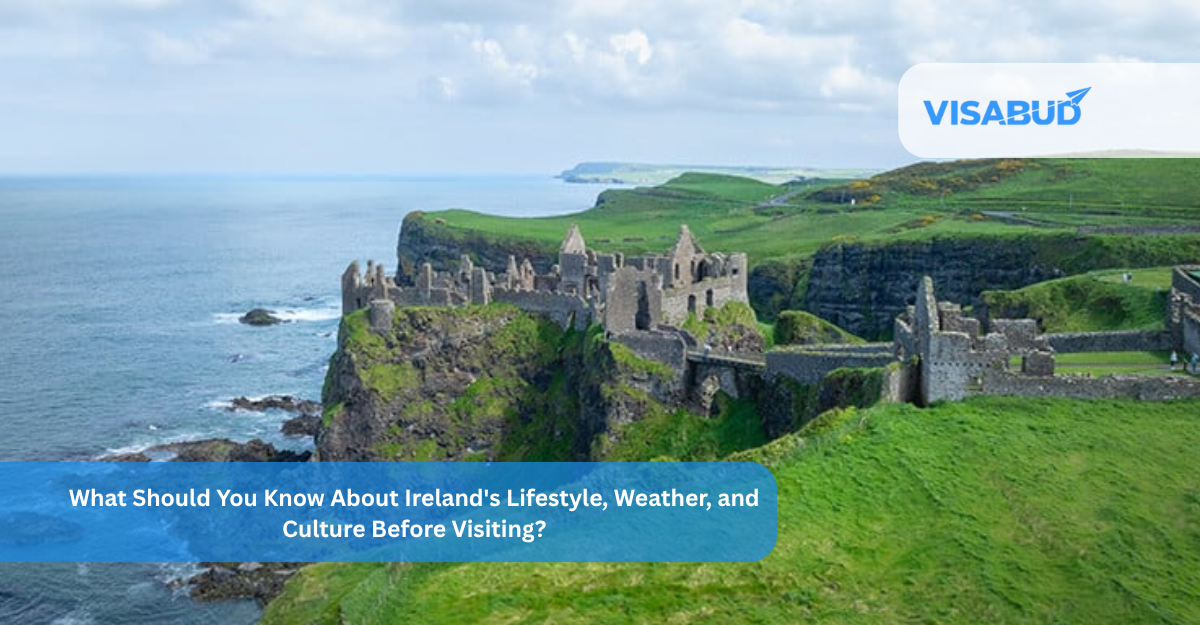Anguilla Travel Guide: All you need to know to visit Anguilla in 2025
Welcome to Anguilla
Anguilla is an island in the Caribbean Sea, east of Puerto Rico and the Virgin Islands. Anguilla is a beautiful Caribbean island known for its pristine beaches, turquoise waters, and luxurious resorts. The island is a British overseas territory with a warm and welcoming atmosphere, making it a popular destination for tourists seeking a relaxed and tranquil getaway. Visitors can enjoy various outdoor activities such as snorkeling, scuba diving, and sailing and indulge in the island’s vibrant food scene, which features a mix of Caribbean and international cuisine. With its friendly locals and stunning natural scenery, Anguilla is a perfect destination for those looking for a relaxing and rejuvenating vacation.
Location: Anguilla is a small island in the northeastern Caribbean Sea, east of Puerto Rico and the Virgin Islands. It is a British Overseas Territory with a total land area of 35 square miles and a population of approximately 15,000 people. The island is characterized by its stunning white sandy beaches, crystal-clear turquoise waters, and coral reefs, making it a popular destination for tourists seeking a luxurious tropical getaway.
History: Anguilla has a complicated history of colonization and independence struggles. The island was first inhabited by the Arawak and Carib people and later colonized by the British in the 17th century. Anguilla was a part of the British colony of St. Kitts and Nevis until it became a separate British dependency in 1980. In the 1960s, Anguilla launched a successful revolution against the British and declared itself an independent republic. However, the British quickly suppressed the uprising and reestablished control over the island. Despite its history of political turmoil, Anguilla is now a peaceful and prosperous territory with a thriving tourism industry.
Population: The estimated population of Anguilla is approximately 14,900 people. The population of Anguilla has remained relatively stable over the past decade, with a slight increase from 13,500 in 2010 to 14,700 in 2020. Most Anguillan occupants are of African descent, with a small minority of mixed race and European ancestry. The official language of Anguilla is English, and the island has a high literacy rate. The economy of Anguilla is heavily dependent on tourism, and many of its residents work in the hospitality industry or related sectors. Government: Anguilla is a British Overseas Territory with a parliamentary system of government. The Governor is the representative of the British monarch, and the Chief Minister is the head of government. The territory has its legislature, the House of Assembly.
Economy: Anguilla’s economy is heavily dependent on tourism, with beautiful beaches, luxury resorts, and a relaxed atmosphere attracting visitors from around the world. The territory also has a small fishing industry and exports agricultural products such as salt and lobster. The Anguillan currency is the Eastern Caribbean dollar, pegged to the US dollar. Despite its small size and limited resources, Anguilla has a high standard of living, with a well-developed infrastructure, good healthcare, and a high literacy rate.
Culture: Anguilla’s rich and diverse culture reflects its history as a British colony and its location in the Caribbean. The island’s population is predominantly of African descent, with a minority of European and mixed-race individuals. The music of Anguilla is an essential aspect of its culture, with genres such as soca, calypso, and reggae being popular. The island also has a strong boat racing tradition, with several yearly regattas. Food is another essential part of Anguillian culture, with a cuisine that blends African, European, and Caribbean influences. Some popular dishes include seafood, goat stew, and johnnycakes. Anguilla also has a vibrant arts scene, with many local artists and craftspeople creating works inspired by the island’s natural beauty and cultural heritage.
Tourism: Anguilla is known for its pristine beaches and crystal-clear waters, making it a popular destination for tourists seeking a Caribbean getaway. Visitors can enjoy water sports such as snorkeling and scuba diving and cultural activities such as visiting historic sites like the Wallblake House, a restored plantation home.
Related Articles

5 min read
How Does Life in Portugal Reflect Its Rich Culture and Tourist Appeal?
If you're considering a trip to Portugal or even thinking about living there you're not alone. There's something about this beautiful country that captures people’s attention. Maybe it’s the sunny
Read More
5 min read
What Should You Know About Ireland’s Lifestyle, Weather, and Culture Before Visiting?
🇮🇪 Planning a Trip to Ireland? Here's What You Need to Know Ireland is more than just green hills, friendly smiles, and pints of Guinness. It’s a country full of
Read More
5 min read
What You Need to Know as a First-Time Traveler Exploring East Timor Culture and Top Tourist Spots
What makes East Timor an exciting destination for first-time travelers? If you're planning your first trip to East Timor (Timor-Leste), you're in for a one-of-a-kind adventure. Unlike heavily commercialized tourist
Read MoreYes, Indian citizens need a visa to enter Anguilla. You can apply for a visa online through the Anguilla Visa system or at an Anguilla embassy or consulate. It is recommended to check the latest visa requirements and procedures before applying.
Yes, you can apply for an Anguilla visa online through the Anguilla Visa system. The Anguilla Visa system is an electronic application portal allowing eligible travelers to apply for and obtain an e-Visa for Anguilla. To apply for an e-Visa, you must complete an online application form, provide the required documents and information, and pay the visa fee online.
Anguilla offers an electronic visa (e-Visa) system for many nationalities, including Indian citizens. Therefore, you can apply for your Visa online and receive an electronic copy via email. The e-Visa is a single-entry visa valid for up to 180 days.
Indian citizens can apply for a stamped visa or an e-Visa for Anguilla. The stamped Visa is obtained by submitting your passport and required documents to an Anguilla embassy or consulate, and the Visa will be affixed to your passport.
The validity of an Anguilla e-Visa for Indians is 180 days from the issue date. You must enter Anguilla within 180 days of the e-Visa being issued. Once you enter Anguilla, you can stay for a maximum of 90 days within the validity period of the e-Visa.
For e-Visas, the processing time is usually 8-10 business days. For stamped visas, the processing time can vary depending on the embassy or consulate where you are applying.
You can apply for an Anguillan tourist visa before your intended travel date. However, it is recommended to apply for your Visa well in advance of your trip to allow sufficient time for processing and any potential delays.
The e-Visa is obtained by applying online through the Anguilla Visa system and receiving an electronic copy via email, which you should print and carry. For stamped visas, the processing time can vary depending on the embassy or consulate where you are applying, but it can take 3 – 5 days.
Basic Requirements to visit Anguilla
- Valid passport of at least six months validity
- Anguilla visa
- Travel Insurance
- Proof of accommodation
- Return ticket
- Respectful behavior and adherence to local customs laws.
Anguilla travel checklist
- Valid passport
- Visa
- Flight tickets
- Travel Insurance
- Accommodation booking confirmation
- Supporting documents.
- Emergency contact information
- Anguilla currency, i.e., Eastern Caribbean dollar (XCD).
- Travel itinerary
